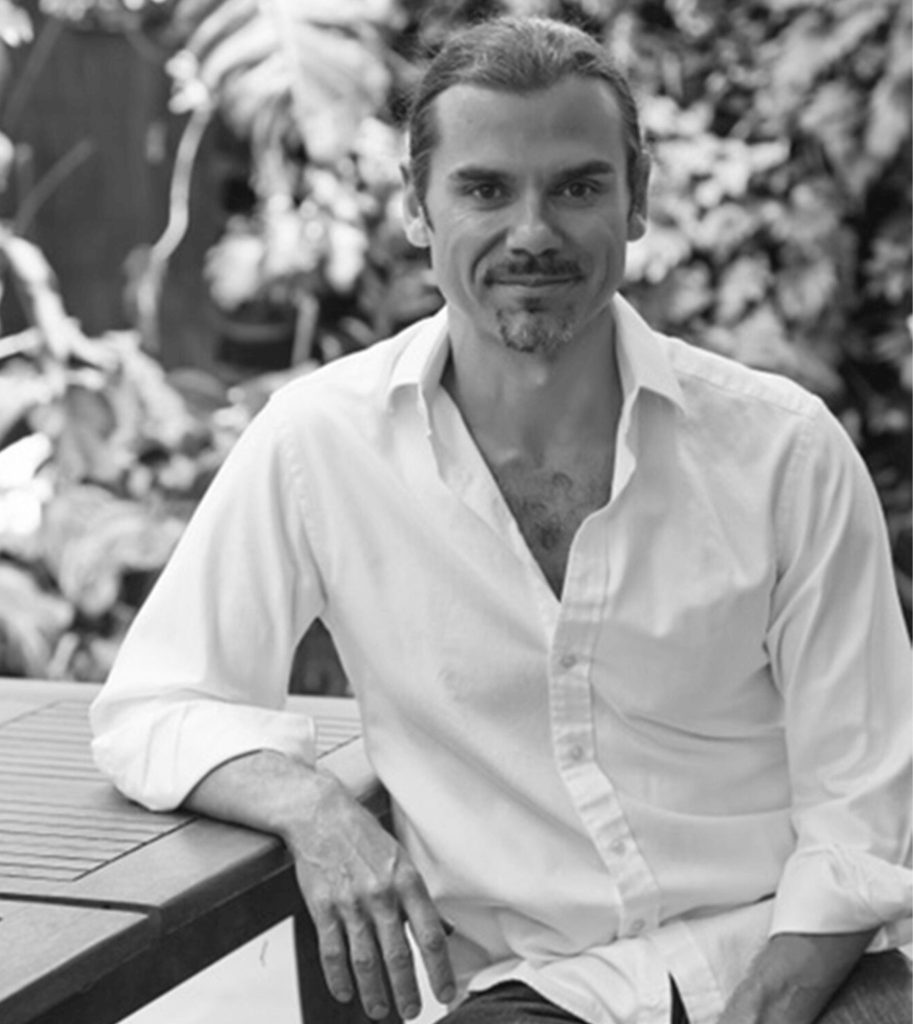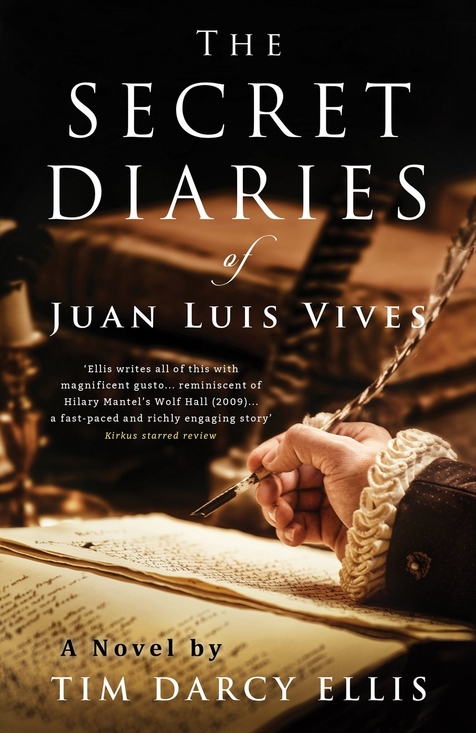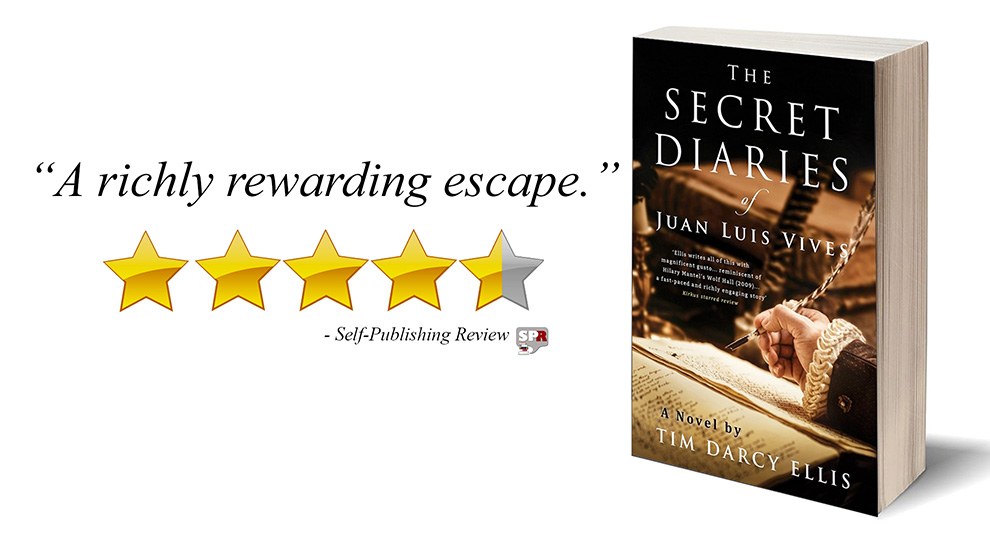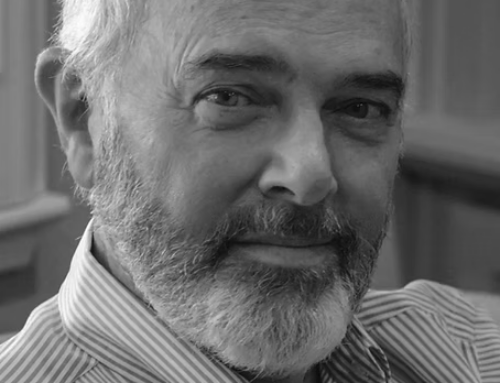 Tim Darcy Ellis (BA BSc, MHSc) is a writer and physiotherapy-business owner. He was formerly a professional archaeologist. Tim’s critically acclaimed debut, The Secret Diaries of Juan Luis Vives is a fast-paced and meticulously researched historical fiction novel. Tim is passionate about bringing his love of history, archaeology and philosophy together: and to express it by writing great fiction.
Tim Darcy Ellis (BA BSc, MHSc) is a writer and physiotherapy-business owner. He was formerly a professional archaeologist. Tim’s critically acclaimed debut, The Secret Diaries of Juan Luis Vives is a fast-paced and meticulously researched historical fiction novel. Tim is passionate about bringing his love of history, archaeology and philosophy together: and to express it by writing great fiction.
Tim majored in Medieval Archaeology at the University of York (1988), and he worked for both the Museum of London and the British Museum the 1990s. He re-qualified as a physiotherapist at the University of East London (1998). He then moved to Sydney in 2000 where he completed his master’s degree with honours in 2002 (University of Sydney).
Tim is currently Managing Director and Principal Physiotherapist of Excel Physiotherapy and Wellness. He is chief writer of Excel Life magazine: writing and teaching extensively on health and wellness and specialising in the treatment of complex hip and pelvic pain.
Tell us about your book.
The Secret Diaries Of Juan Luis Vives chronicles the epoch-making adventures of the real-life Spanish humanist and secret Jew, Juan Luis Vives.
The action begins in Bruges, Spanish Netherlands in 1522. Vives has already established himself as a great scholar; full of intellectual curiosity. He teaches the sons of the nobility. However, he has a secret that he must keep hidden at all costs— and the Spanish Inquisition, which has devastated his Jewish family in Valencia is closing in.
At the last minute, England’s Sir Thomas More invites him to the Tudor court. More asks him to tutor the daughter of Henry VIII and Catherine of Aragon, Princess Mary. Vives navigates the murky world of Tudor politics and intrigue; ever trying to arrange an escape from Spain for his family. He walks a swaying tightrope between the king and queen, keeping secrets from each, ultimately knowing he must help one by betraying the other.
Along the way, he delves into the secretive world of London’s clandestine Jewish community. The reader receives intimate and unique views of well-known figures such as Henry VIII, Catherine of Aragon, Anne Boleyn, Sir Thomas More and his devoted daughter, Margaret Roper. The novel is about the pain of exile and persecution, ambition, how faith can conflict with desire and ultimately about survival against the odds.
 Why did you want to write a book?
Why did you want to write a book?
I’ve always wanted to write a novel. I’ve written health and wellness for years (I have a magazine, Excel Life). I’ve also written academic papers. These are significant achievements, but nothing compares to creating all the characters, plot, structure and action that comprises a full-blooded novel.
As a young adult, I would stare at the work of the great writers in bookshops and libraries. I’d imagine my name being there amongst them. I achingly wanted to contribute to the great body of work that was classical literature and to leave some legacy. There is something deeply personal and cathartic about the process. It has taken me a long time to get there, and life, of course, does get in the way at times, but it has been well worth it.
Why did you choose to self-publish?
I got very close to publishing with the big publishers through my agent here in Sydney, Australia. Despite encouraging feedback, they didn’t feel that they could take a chance on a sixteenth-century novel set in Europe. So I was faced with the choice: do I let this novel languish in my bottom drawer or do I get it out there myself? I had to bury my pride because my book has something important to say about racism, bigotry and overcoming trauma. It was just too important to leave in my bottom drawer.
What tools or companies did you use, and what experience did you have?
I used Scribendi editing services, for copy and proofing: that was good. I purchased a great design from Trevillion images, for the front cover and then ran a design competition on 99 designs. That went well, though I’m glad I was in no particular rush. I went back to my designer twenty-two times with tweaks to the cover! I then used 99 designs for an illustration that I have been able to use in the novel as well as on social media and my website.
I used Fiverr to produce a demo of the first chapter on an audio file. I’ve used that for pitching to audio publishers. As a result, I can proudly say that award-winning narrator Peter Noble is reading the book for a December audible release. I published through Tellwell Talent who have expertly taken care of the distribution, which would have been beyond me.
Would you self-publish again?
You learn so many lessons along the way that it would be a shame to do this just once. That said, most indie writers dream of one day working with one of the big publishing houses. I like having creative control, and fortunately, I have a lot of experience in marketing and design, so I understood a lot of the processes. Yes, I probably would do it again.
What do you think are the main pitfalls for indie writers?
Writing becomes the (relatively) easy part, but when it comes to indie publishing, being a great writer isn’t enough. As indie writers, we need to make tough decisions on so many aspects of the publishing process- editing, design, marketing, publicity, and distribution. There can be some costly and painful mistakes along the learning curve.
Fiction writers tend to be reflective and sensitive. There are inevitably disappointments along the way. Getting into a self-destructive, negative thought spiral is probably the most dangerous pitfall.

What tips can you give other authors looking to self-publish?
Thanks for asking. I hope I can give some helpful advice. First, you absolutely have to get the basics of your manuscript right – the copy editing, the typesetting, the design. Don’t accept your collaborator’s or publisher’s first version of anything. They are not as invested as you are, and unlike a major publisher, they’re not making a lot of money from the royalties – you are. You need to sit with their designs and ideas and check in with your trusted peer-group. Liaising with other writers helps. So go back to the designers, marketers and publishers with edits, because it’s up to you to make sure this is right.
You have to get that balance between ‘don’t give up on your day job’ and ‘don’t give up on your dream.’ Accept and embrace feedback and criticism but not to the point where it breaks your heart – or spirit. That would undermine your goal of getting your work published. If you believe in your book, you must push it through to publication: it’s your duty, and it’s your destiny.
Ultimately I could spend eighteen hours a day on marketing, but I have time constraints and a tight budget. My advice would be to market on many levels, but I don’t get lost in any one particular vortex. Keep it manageable, and that way it is enjoyable – this should be a memorable experience for all the right reasons.
As a writer, what is your schedule? How do you get the job done?
It can be very addictive. I feel creative and imaginative in the mornings and can easily put in a few hours before 10 AM. I don’t like to be distracted during that period. In the afternoons, I can add another couple of hours researching and checking my story for plot, character and direction, that’s before I get to correspondence and marketing.
Who are your biggest writing inspirations and why?
I take my hat off to Hilary Mantel for persevering with her Wolf Hall trilogy, and for expanding all of our horizons with historical fiction. I was very inspired by Geraldine Brooks’ The People of the Book, but my favourite contemporary writer is Kazuo Ishiguro, his sublime versatility and ease of style is a joy, and his prose is impeccable.
Why did you write about this particular subject?
The Secret Diaries of Juan Luis Lives was the perfect vehicle for me; combining my passion for history, archaeology, religion and philosophy. Writing historical fiction with these absorbing characters gives me the supreme escape from the outside world. Every time I go into the zone with the writing, I felt transported into another time and space, and the characters became friends.
Vives was one of the great men of history, who has been forgotten in the English-speaking world. I felt it was my mission to bring him into the light.
Author Links
Get an Editorial Review | Get Amazon Sales & Reviews | Get Edited | Get Beta Readers | Enter the SPR Book Awards | Other Marketing Services






















Leave A Comment